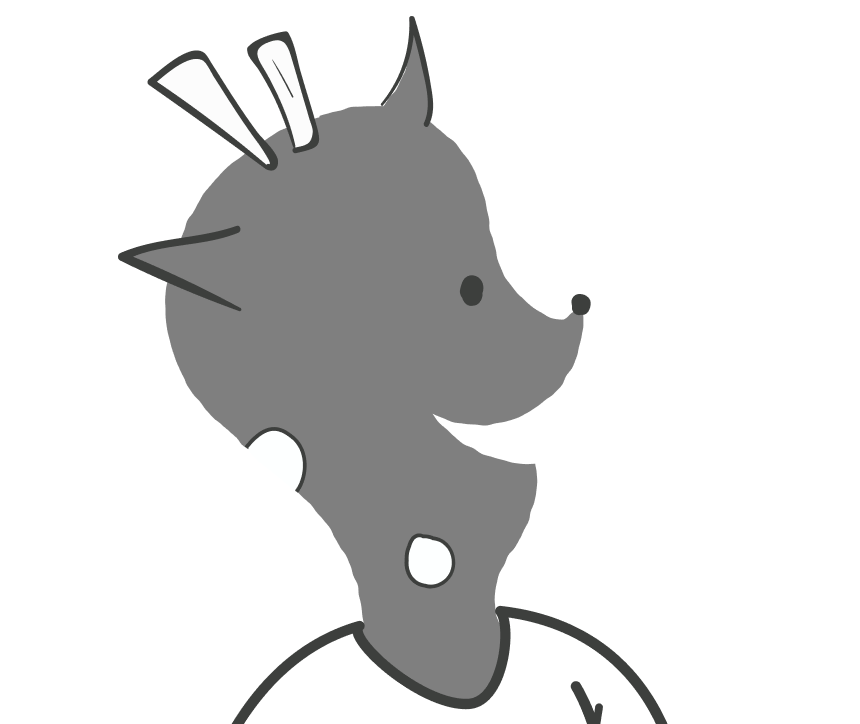
We Developed Blueprint Agile, a Methodology to Building Great Software Fast
Most software projects miss their deadlines, exceed budgets, or wind up missing the mark when it comes to what their users want. We've developed Blueprint Agile, a framework of agile, that results in better product outcomes every time.
Buy The BookIntroducing Blueprint Agile
The process of Blueprint Agile wasn’t something I sat down and engineered in one go. Instead, it evolved organically through my work with various software development agencies over the years. This methodology has grown and matured over the last decade, balancing the need to provide clients with predictable, affordable services while still maintaining enough flexibility for inevitable changes and pivots.
Read
The Entity Relationship Blueprint
The Entity Relationship Blueprint (ERB) is the foundation of your product. During this process, you’ll be defining and organizing the data your product will use. Essentially, it’s about identifying the core entities (things like "users," "accounts," "subscriptions," etc.) that your system will interact with and mapping out the relationships between them.
Read
Information Architecture Blueprint
If the ERB provides the data backbone of your product, the Information Architecture Blueprint (IAB) shapes how users will actually experience your product. It’s not granular, and it doesn’t answer a lot of important questions, but it does provide critical insights about how the user will interact with your application.
Read
User Flowcharts
The user flowchart is the true living document that aligns your design and development teams, enables accurate scoping, serves as the planning guide for implementation, and provides a clear understanding of the project’s effort. Well, clear enough. As with previous phases of the Blueprint Agile process, we’re only shooting for an 80% confidence level.
Read
Synchronized Delivery
Synchronized delivery helps better align design and development teams. It allows your design team to stay just ahead of development, creating enough breathing room to allow for creativity and problem-solving, while keeping everything moving smoothly. Instead of a rigid hand-off from design to development, both teams work in parallel, but on staggered timelines.
ReadComing Soon
Blueprint Agile in the Real World
We're still writing the book on Blueprint Agile. Next, we'll be releasing our chapter on real-world examples of Blueprint Agile. Check back soon to see the new chapter or subscribe for updates.